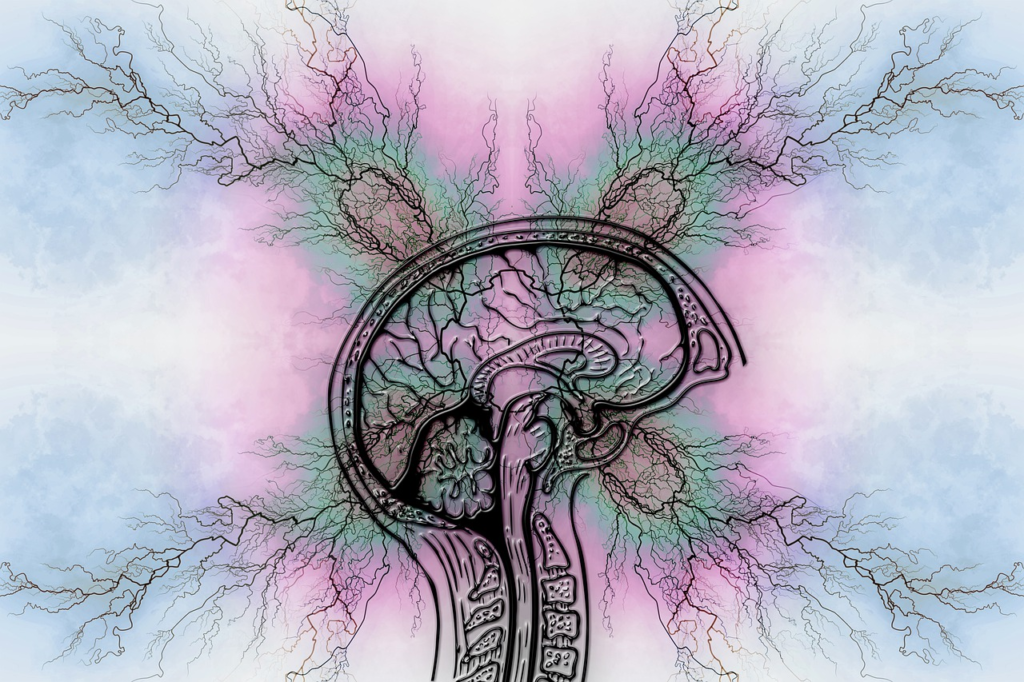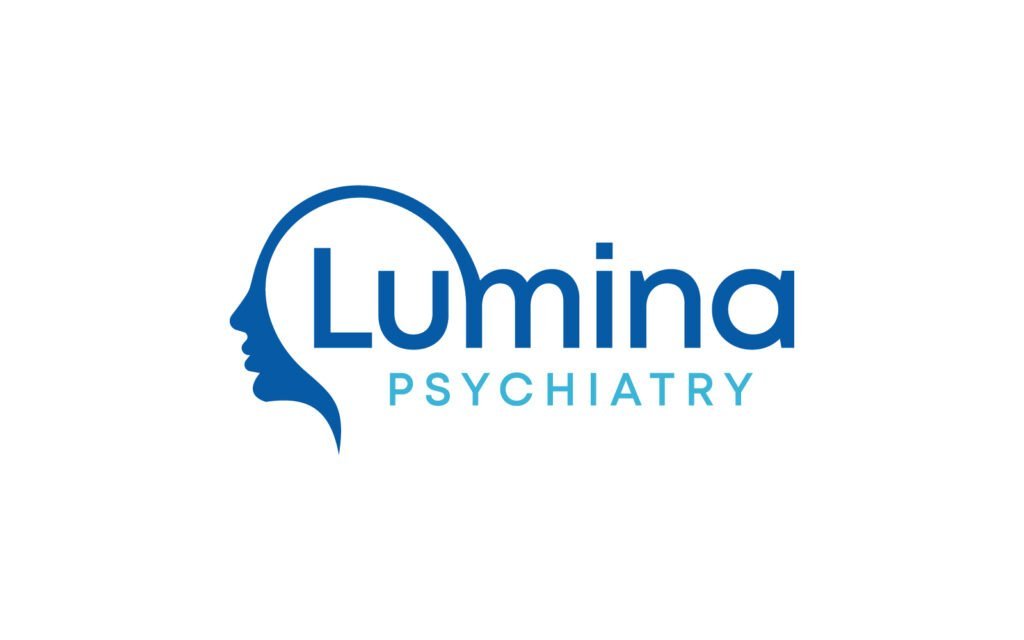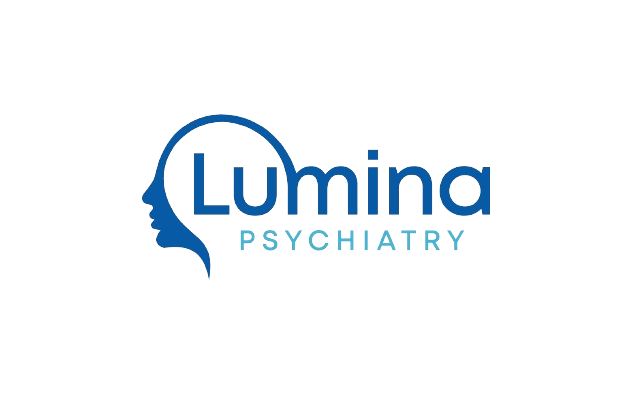Attention-Deficit/Hyperactivity Disorder stands as a complex neurological condition characterized by symptoms such as inattention, hyperactivity, and impulsivity. These symptoms often spill over into various aspects of daily life, creating challenges in academic achievements, workplace productivity, and interpersonal relationships. Consequently, individuals with ADHD may experience a sense of imbalance, struggling to navigate the demands of their personal and professional lives.
Finding a balance becomes essential, and effective medication management emerges as a critical tool in this endeavor. By tailoring treatment to the individual’s unique needs, medication can significantly mitigate the symptoms of ADHD, enhancing focus, and promoting a greater sense of control over one’s actions and decisions.
Understanding ADHD
What is ADHD?
ADHD stands for Attention Deficit Hyperactivity Disorder, a neurological condition characterized by patterns of inattention, hyperactivity, and impulsivity. People with ADHD often find it challenging to focus on tasks, stay organized, and follow through on commitments. This condition is not just a childhood issue; it continues into adulthood for many individuals. Despite common beliefs, this affects both males and females and is not solely about being overly energetic. Many adults with ADHD may not exhibit obvious signs of hyperactivity but struggle with internal restlessness and difficulty managing their time and priorities.

Despite its widespread recognition, many misconceptions about ADHD persist. It’s not simply a childhood disorder; adults can have ADHD too, with symptoms affecting every aspect of their lives, from professional achievements to personal relationships. Additionally, ADHD isn’t a result of poor parenting or a lack of discipline. It’s a complex disorder with genetic, neurological, and environmental factors contributing to its manifestation. Understanding ADHD is the first step towards dispelling these myths and fostering a more supportive environment for those affected.
The Impact of ADHD on Life
ADHD significantly impacts academic, professional, and personal relationships.
In academic settings, students with ADHD often face challenges in maintaining focus, organizing tasks, and meeting deadlines, which can result in underperformance and frustration.
Professionally, individuals might struggle with time management, sustaining attention during meetings, and completing projects efficiently, potentially hindering career progression.
On a personal level, ADHD can strain relationships due to misunderstandings, impulsivity, and inconsistent communication. The emotional and psychological toll includes feelings of inadequacy, low self-esteem, and chronic stress, further complicating the daily lives of those with ADHD.
The Role of Medication in ADHD Management
Benefits of Medication
Medications play a crucial role in managing Attention deficit hypersensitivity disorder symptoms, enhancing the ability to focus, control impulses, and maintain calmness. Stimulants, such as methylphenidate and amphetamines, are common and effective, boosting and balancing neurotransmitters in the brain. Non-stimulant options like atomoxetine or guanfacine also offer benefits, especially for those who may not respond well to stimulants. These medications can significantly improve daily functioning, allowing individuals to engage more fully in both professional and personal activities.
Challenges and Considerations
Medication management for this syndrome isn’t without its challenges and considerations.
Side effects include
- Appetite changes
- Sleep disturbances.
- Mood swings
- Cardiovascular issues,
- This necessitates careful selection and dosing of medication.
This underscores the importance of personalized treatment plans, tailored to the individual’s specific needs and health profile. Moreover, the effectiveness of medication can vary over time, highlighting the significance of ongoing monitoring and adjustment. Regular consultations with healthcare professionals ensure the treatment remains aligned with the individual’s evolving symptoms and life circumstances, optimizing the benefits while minimizing potential risks.
Beyond Medication: Holistic Approaches to ADHD
Integrating Therapy and Lifestyle Changes
Beyond medication, therapy, counseling, and coaching play pivotal roles in managing ADHD.
These approaches provide strategies for
- Organization
- Time management
- Coping with stress
- Complementing the benefits of medication.
Additionally, diet, exercise, and adequate sleep significantly enhance medication effectiveness. A balanced diet can improve overall brain function, while regular exercise helps in reducing hyperactivity and improving focus. Consistent, quality sleep is crucial for managing symptoms effectively.
Community and Support Systems
Support groups and online communities offer invaluable resources for advice, encouragement, and shared experiences, fostering a sense of belonging and understanding. Family and friends also play a critical role in creating a supportive environment. They can offer encouragement, help in structuring routines, and provide understanding during challenging times. Their support not only boosts the individual’s morale but also strengthens coping mechanisms, making the journey with ADHD more manageable and less isolating.
Lumina Psychiatry: Pioneering Personalized ADHD Care

Lumina Psychiatry stands out by crafting tailored treatment plans that integrate medication, therapy, and lifestyle adjustments, addressing the unique needs of each individual with ADHD. This approach ensures a comprehensive strategy that not only targets symptoms but also supports overall well-being and personal growth.
The clinic’s dedication to ongoing support and management reflects its commitment to its patients’ long-term success. Lumina Psychiatry actively monitors progress and listens to feedback, adjusting treatment plans as necessary. This dynamic approach ensures that care remains effective and responsive, enabling patients to navigate their journey with ADHD with confidence and support.
Conclusion and Call to Action
Understanding the importance of balanced and personalized ADHD medication management is crucial. Such an approach can significantly improve your quality of life, allowing you to thrive both personally and professionally. We encourage you to seek professional help, as it can make a transformative difference in managing ADHD. Take the first step towards a more focused and balanced life. Reach out to Lumina Psychiatry for a comprehensive assessment. Begin your journey with us to effectively manage ADHD, and embrace the support and expertise needed to navigate this path successfully.




